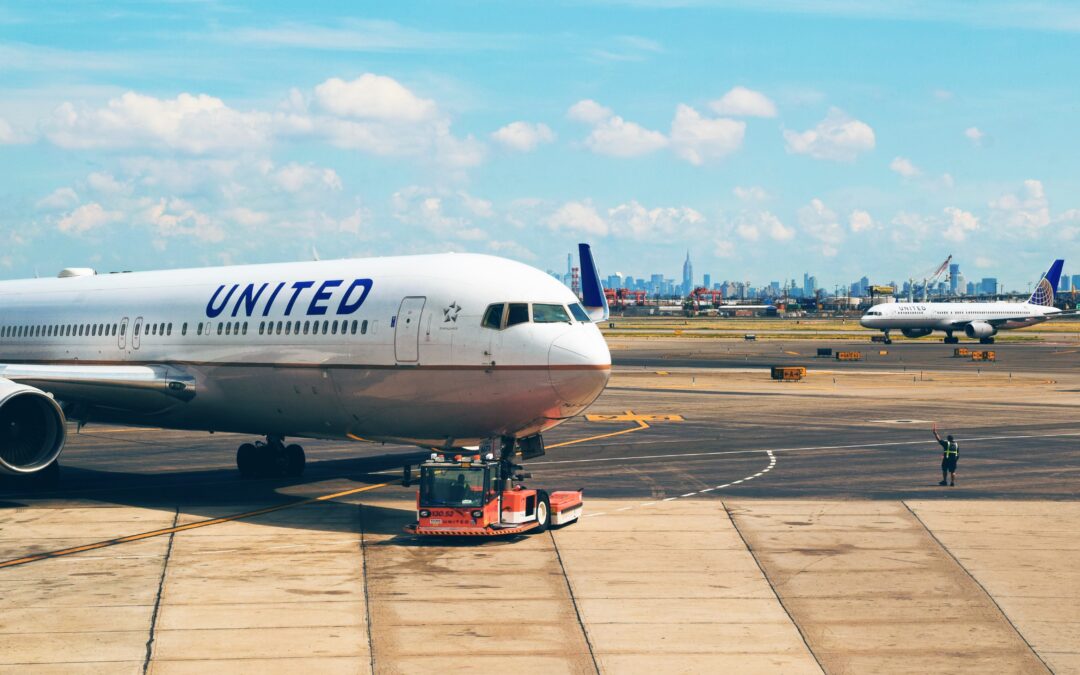Air travel is one of the safest modes of transportation, but accidents can still occur. When they do, passengers may be left with serious injuries and uncertainty about their legal options. In this article, we’ll explore the complex world of personal injury claims in air travel accidents, discussing the types of accidents that can occur, the laws that apply, and the steps you can take to seek compensation.
Types of Air Travel Accidents
Air travel accidents can take many forms, including:
- Turbulence-related injuries: Turbulence can cause passengers to be thrown from their seats, leading to injuries such as broken bones, head trauma, and soft tissue damage.
- Slip and fall accidents on the plane or in the airport: Slippery floors, uneven surfaces, and other hazards can cause passengers to slip and fall, leading to injuries such as sprains, strains, and fractures.
- Baggage handling accidents: Improperly loaded or handled baggage can fall and strike passengers, causing injuries such as head trauma and broken bones.
- In-flight medical emergencies: Passengers may experience medical emergencies such as heart attacks, strokes, or anaphylaxis during flight, which can be exacerbated by the lack of medical resources on board.
- Plane crashes: Although rare, plane crashes can result in catastrophic injuries or fatalities.
Laws Governing Air Travel Accidents
Air travel accidents are governed by a complex web of laws, including:
- The Federal Aviation Administration (FAA) regulations: The FAA sets standards for airline safety, including rules for maintenance, pilot training, and passenger safety.
- The Montreal Convention: An international treaty that establishes rules for airline liability in the event of accidents, including compensation for injuries and fatalities.
- State and federal tort law: Passengers may also bring claims under state and federal tort law, which allows for compensation for negligence, recklessness, or intentional wrongdoing.
Personal Injury Claims in Air Travel Accidents
To succeed in a personal injury claim, you must prove that the airline or another party was negligent or reckless, causing your injuries. This requires gathering evidence, such as:
- Witness statements: Statements from passengers, flight attendants, or other witnesses can help establish what happened during the accident.
- Medical records: Medical records can document the extent of your injuries and any treatment you received.
- Accident reports: Official reports from the airline, FAA, or other authorities can provide valuable information about the accident.
- Expert testimony: Experts such as aviation specialists, medical professionals, or accident reconstructionists can help establish liability and damages.
Challenges in Air Travel Accident Cases
Air travel accident cases present unique challenges, including:
- Jurisdictional issues: Accidents may occur in international airspace, raising questions about which country’s laws apply.
- Complex liability questions: Multiple parties, including airlines, manufacturers, and maintenance providers, may be responsible for the accident.
- Strict regulations and guidelines: Airlines and other parties may argue that they complied with applicable regulations, limiting their liability.
- Limited access to evidence: Passengers may not have access to critical evidence, such as flight data recorders or maintenance records.
Real-Life Examples
For instance, consider a case where a passenger is injured during turbulence on a flight from Chicago to New York. The passenger may be entitled to compensation if they can prove that the airline failed to provide adequate warning or take necessary precautions.
Conclusion
Air travel accidents can be devastating, but you don’t have to navigate the complex legal landscape alone. By understanding your rights and options, you can seek the compensation you deserve.
If you’re looking for an experienced Chicago personal injury lawyer to help navigate your personal injury claim, we will fight assiduously for your right to the compensation you deserve. Call Bizzieri Law Offices at 773.881.9000. The case evaluation is free, and we never charge a fee unless we recover damages for you.

